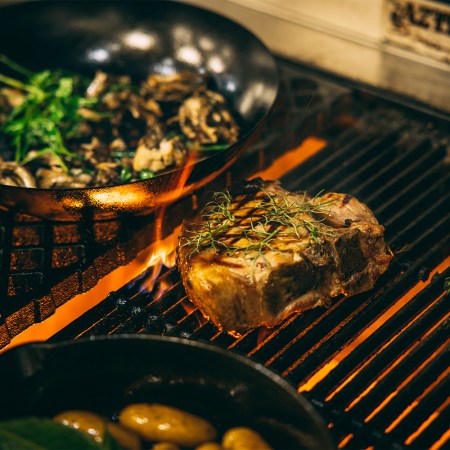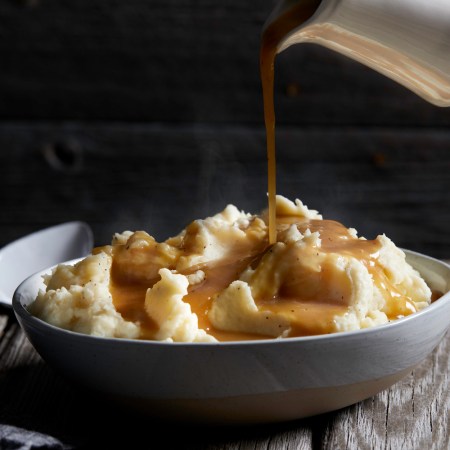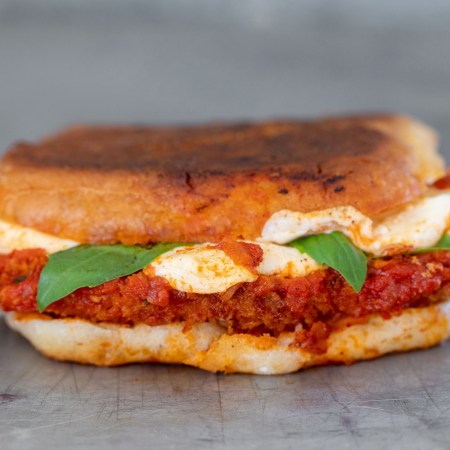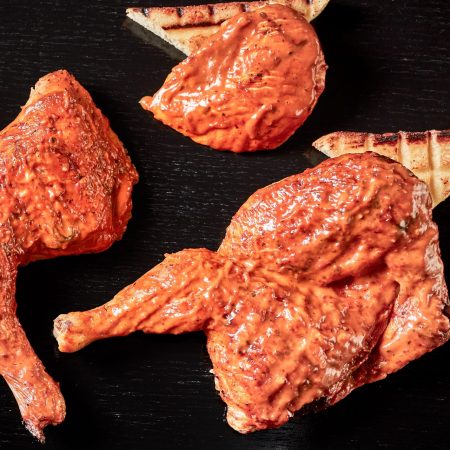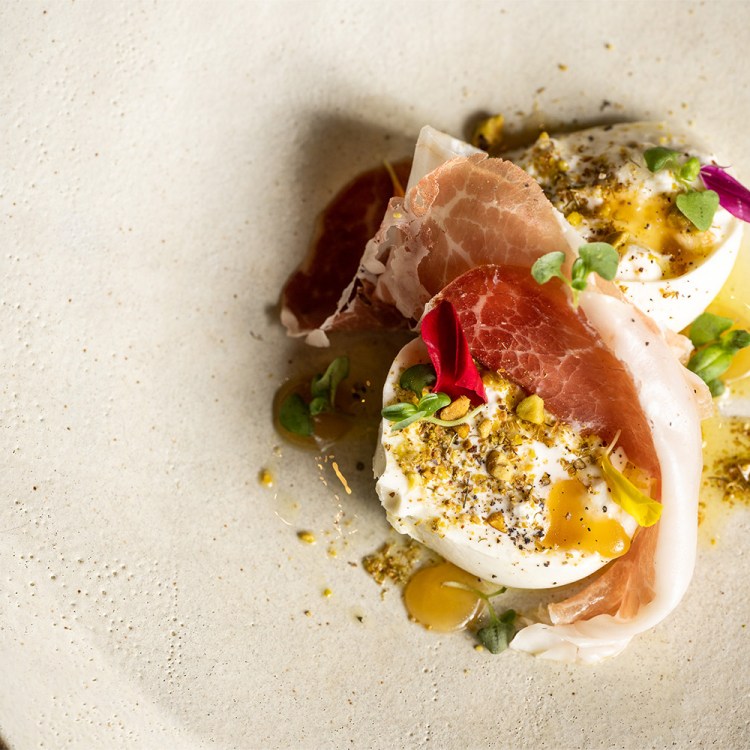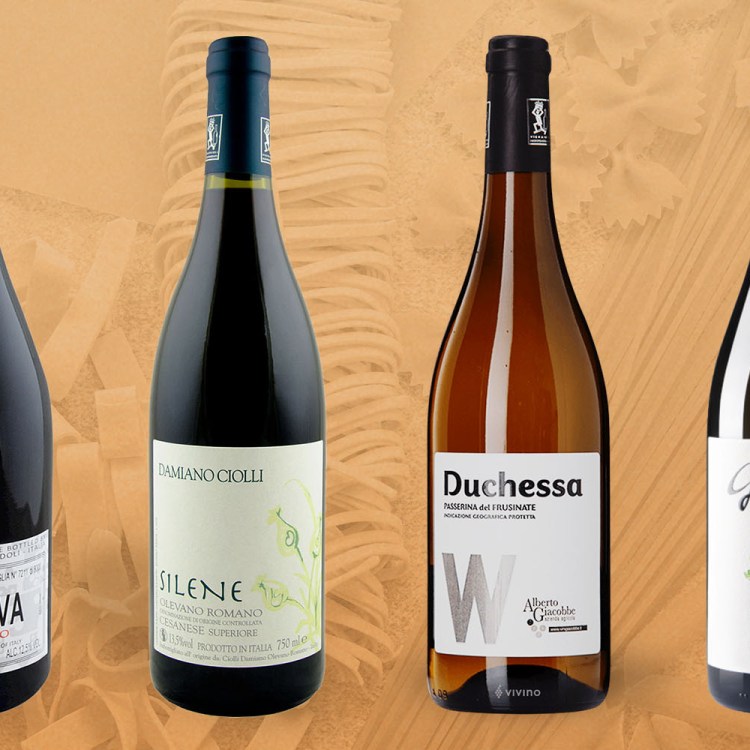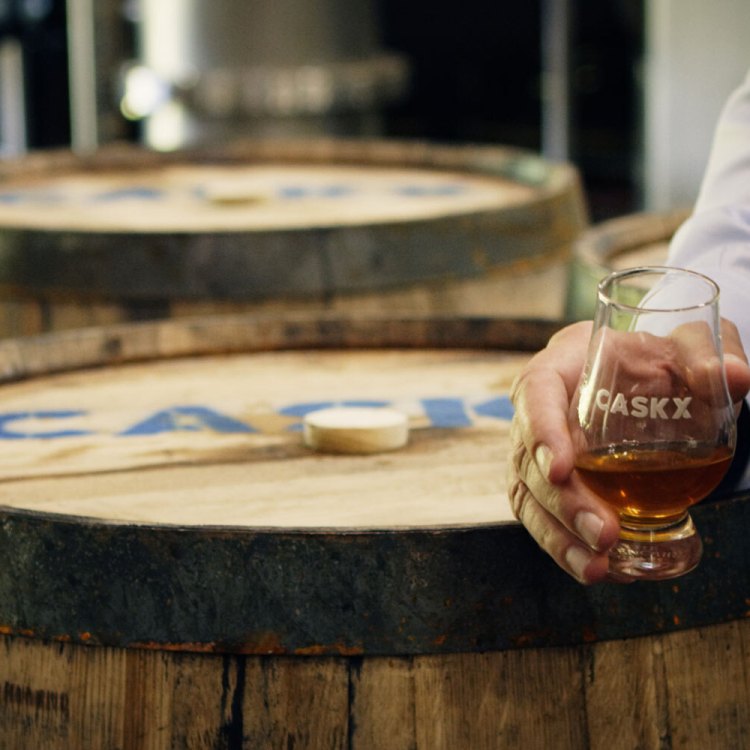Sold from lowly street carts, at lofty fine-dining establishments and everywhere in between, ceviche has an overwhelming presence in Peru that makes it obvious Japan is not the only country that does raw fish right.
Often eaten for lunch, brunch and sometimes even breakfast because some Peruvians consider fish caught in the morning to be less than fresh by the time evening rolls around, ceviche is popular enough that it is celebrated in the South American country each year on June 28. Often made with the catch of the day (which can come from the sea or a river or lake, depending on the region), ceviche varies in preparation method and spice level from place to place.
Originally “cooked” using the highly acidic juice of the oranges that used to be abundant in Peru more than 2,000 years ago, ceviche is now generally prepared using lemon juice and can stew in the acidy liquid for as few as 10 to as many as 45 minutes depending on who is presiding over the meal.
In the kitchen of the restaurant at Las Qolqas, a new purpose-built ecoresort located halfway between Cusco and Machu Picchu in the ancient Andean town of Ollantaytambo, the ceviche is good to eat just moments after it has been peppered, salted and then doused in freshly squeezed key lime juice. Made with locally sourced trout that were upstream swimming hours earlier, the dish is somewhat atypical from what’s offered at most cevicherias in Peru.

“I think the main difference is in the umami flavor of the fish. Trout is an oilier type of fish. It has a lot more complexity in the meat,” Las Qolqas executive director Carlos Gonzalez tells InsideHook. “We wanted to serve it in a way that would be interesting, appetizing and intriguing to travelers who will be enjoying several different iterations of ceviche as they travel across the country. We wanted them to sample something different.”
Light and refreshing with a good amount of zip that stops short of being overly hot, Las Qolqas’ ceviche also features leche de tigre, the milky chili-laden liquid that’s left over after marinating raw fish. (Per The New York Times, the name is no accident, as tiger’s milk qualifies as an aphrodisiac according to Peruvian folklore.) “Peru has very rich and varied cuisine and we don’t want to replicate what our guests will already have tried in Lima or in the jungle or in Puno,” adds Las Qolqas owner Herman van den Wall Bake. “We want them to try our version with our ingredients and have that be an integral part of their experience.”
For that experience to truly be authentic, Gonzalez suggests an early-morning ceviche meal following a night out.
“Peruvians are very outgoing,” he says. “We like to celebrate. We like to party. We like to find whatever reason we can to enjoy ourselves. To us, it is an act of celebration to eat ceviche with friends. We love having an ice-cold beer with ceviche the day after some good partying. Ceviche is a meal for if you’re hungover. It’s fresh and light and also very easy to do.”
Here’s how…
Ceviche Las Qolqas
Serves two
Ingredients
- 200 gr. fresh trout fillet cut into 1-inch cubes
- 50 gr. red onion sliced into strips
- 1 limo chili pepper
- 4 oz. leche de tigre (fish fumé, mixed with limo chili, onion and key lime juice in a blender)
- 4 oz. freshly squeezed key lime juice
- Salt, pepper and thinly chopped cilantro
- Freshly boiled Andean corn kernels
- Toasted Andean corn kernels
- Sweet potato and orange pureé
- Lettuce leaf
Directions
- Place the trout cubes in a deep bowl. Add salt and pepper and mix.
- Once seasoned, put in the sliced red onions and one or two ice cubes. The ice will keep the temperature low and keep the texture of the fish and onions crisp. Keep mixing with a spoon.
- Add leche de tigre as you keep mixing. Finally, add the freshly squeezed key lime juice.
- For plating and serving, a previously chilled soup bowl is preferred.
- With a stroke motion, place the sweet potato puree inside the bowl on one side.
- Place the lettuce leaf as a bed right next to the potato puree.
- Serve the ceviche mix using a spoon. Try to form a pyramid for added volume, making sure the delicious juice of the mix is also poured over.
- Add the boiled corn kernels and toasted corn on the side.
- For added decoration, Andean native potato chips and edible flowers are preferred.
This article was featured in the InsideHook newsletter. Sign up now.

